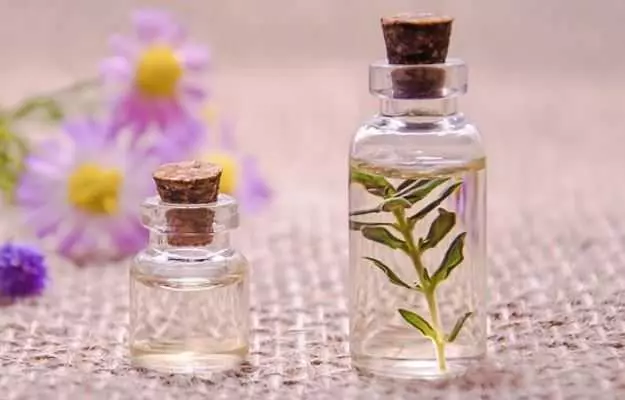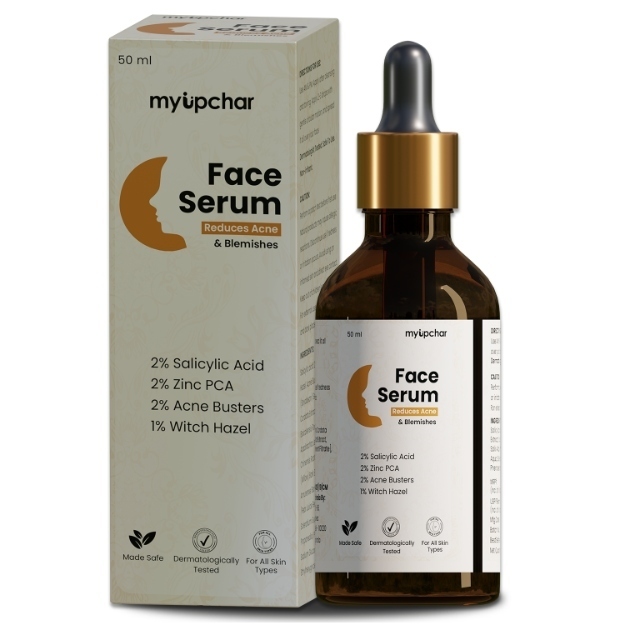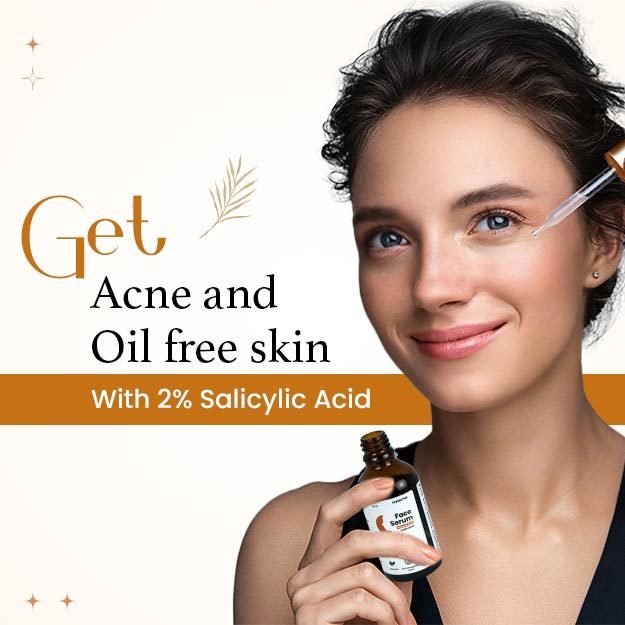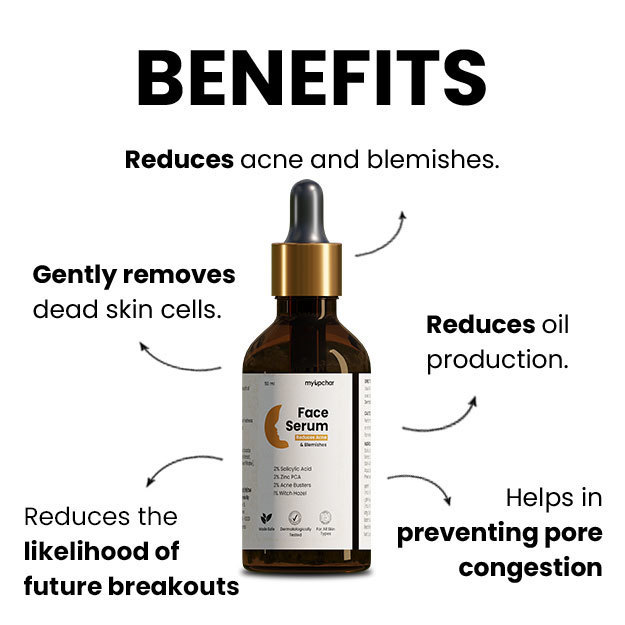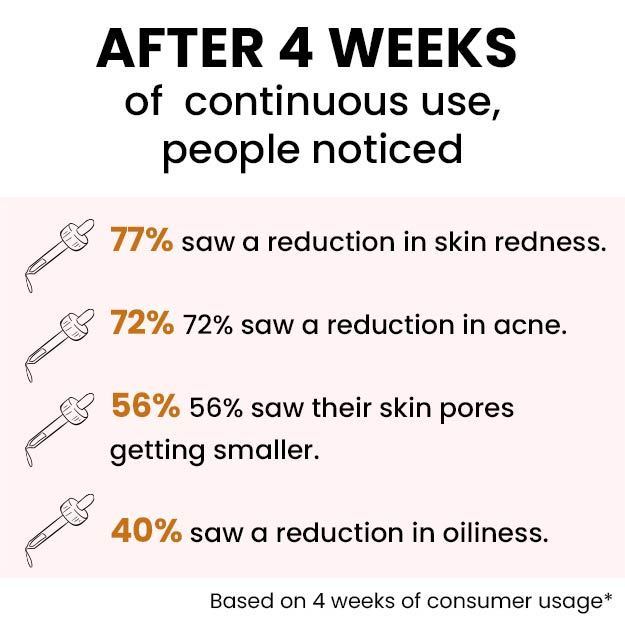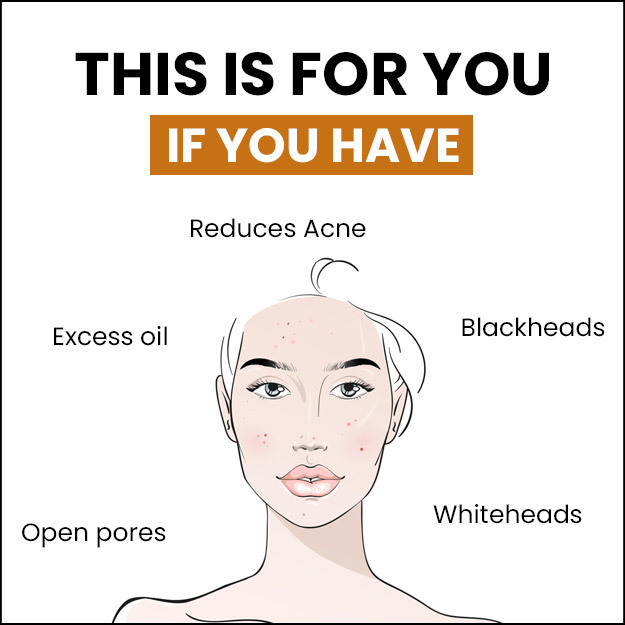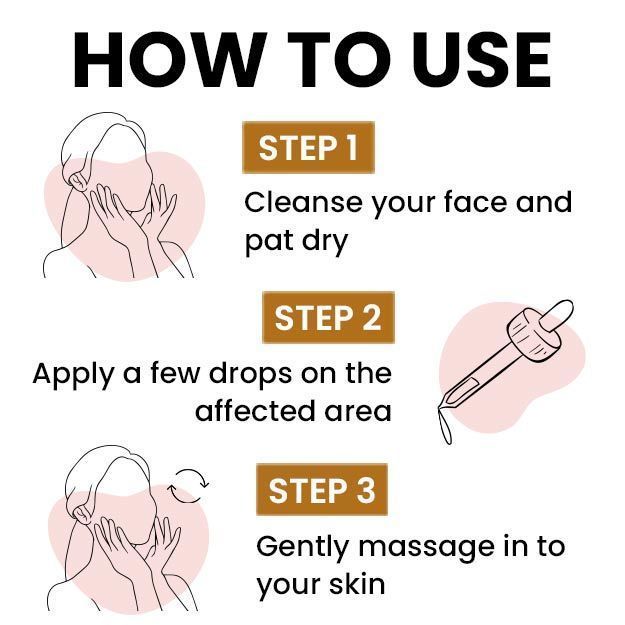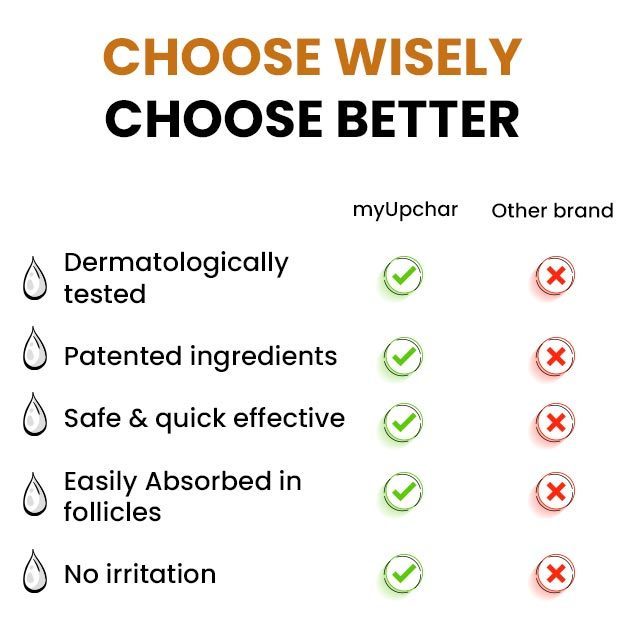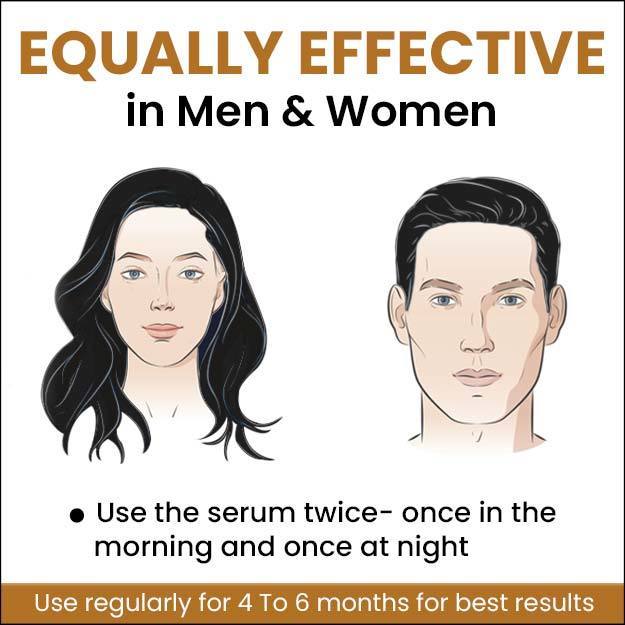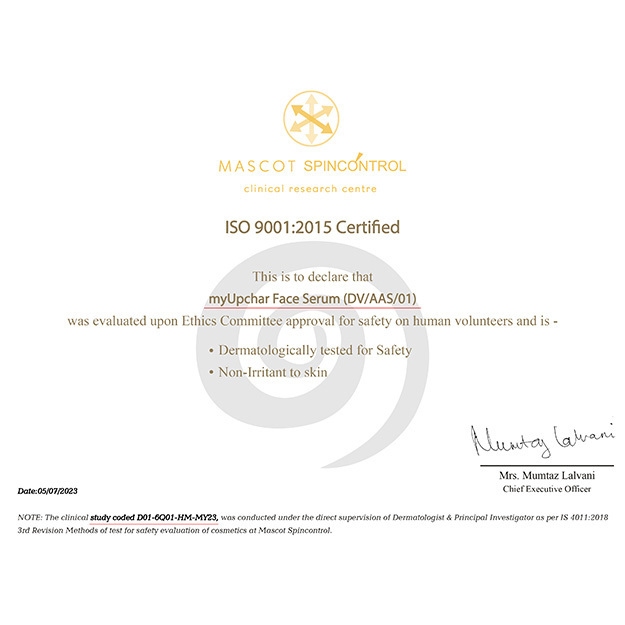Glycerin, also known as Glycerol or Glycol, is an organic compound which is traditionally made from vegetable fat and oil. It is a colourless, odourless and non-toxic liquid. It is sweet to taste.
Glycerin has hydrating properties and acts as an effective treatment for various skin conditions such as dry skin, psoriasis and eczema. It acts as a great moisturizing agent for the skin and has the ability to nourish your skin if it is used regularly. It is also helpful in preventing the adverse reaction of certain chemicals on the skin. Glycerin is generally found in baby care products, soaps and other beauty products.
Owing to its non-toxic and sweetening properties, glycerin is also used as a preservative and food sweetener.
Some basic facts about glycerin:
- Scientific name: The scientific name of glycerin is Propane- 1, 2, 3-triol
- Chemical formula: The chemical formula of glycerin is C3H8O3.
- Common name: Glycerin
- Sources: Glycerin can be derived from three main sources - animal fats, vegetable oils and petroleum.
- Some interesting facts about Glycerin: When winter approaches, most of the insects replace the water content in their body with glycerol. This is because glycerol acts as an anti-freezing molecule preventing these insects from freezing, especially in the coldest parts of the world

